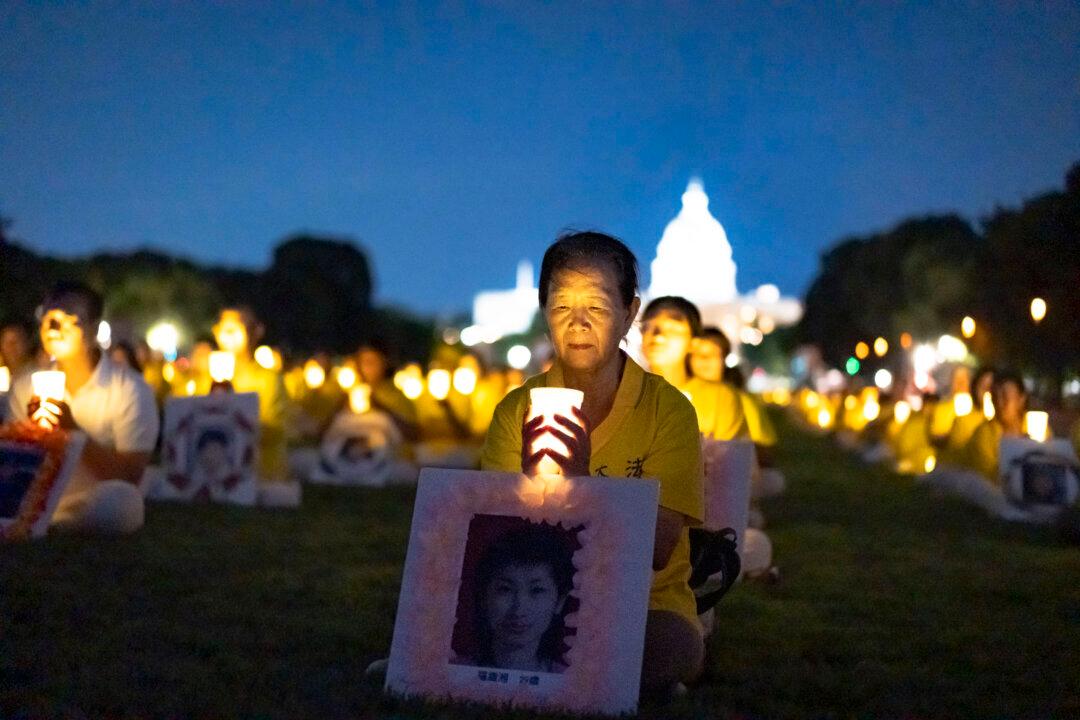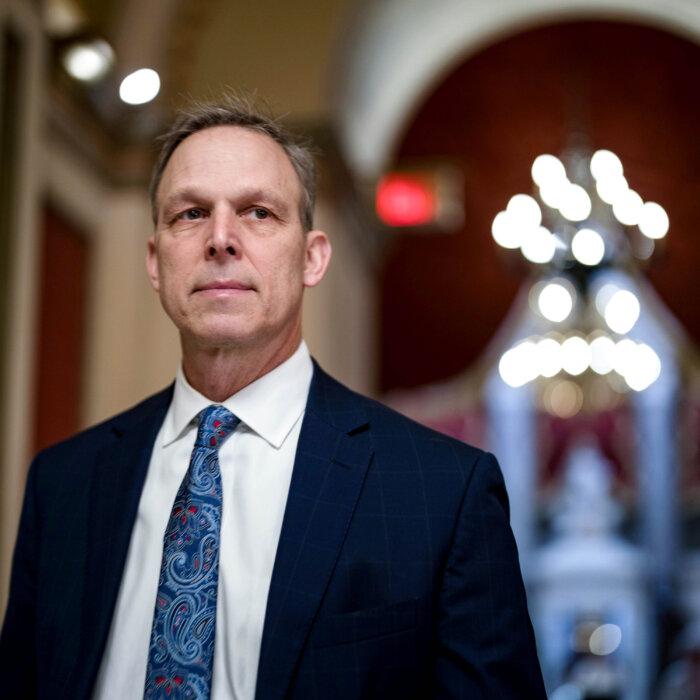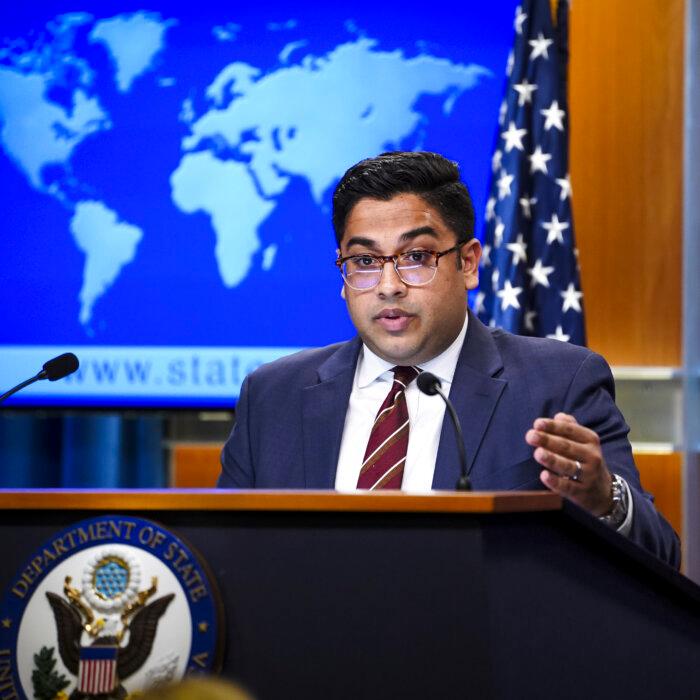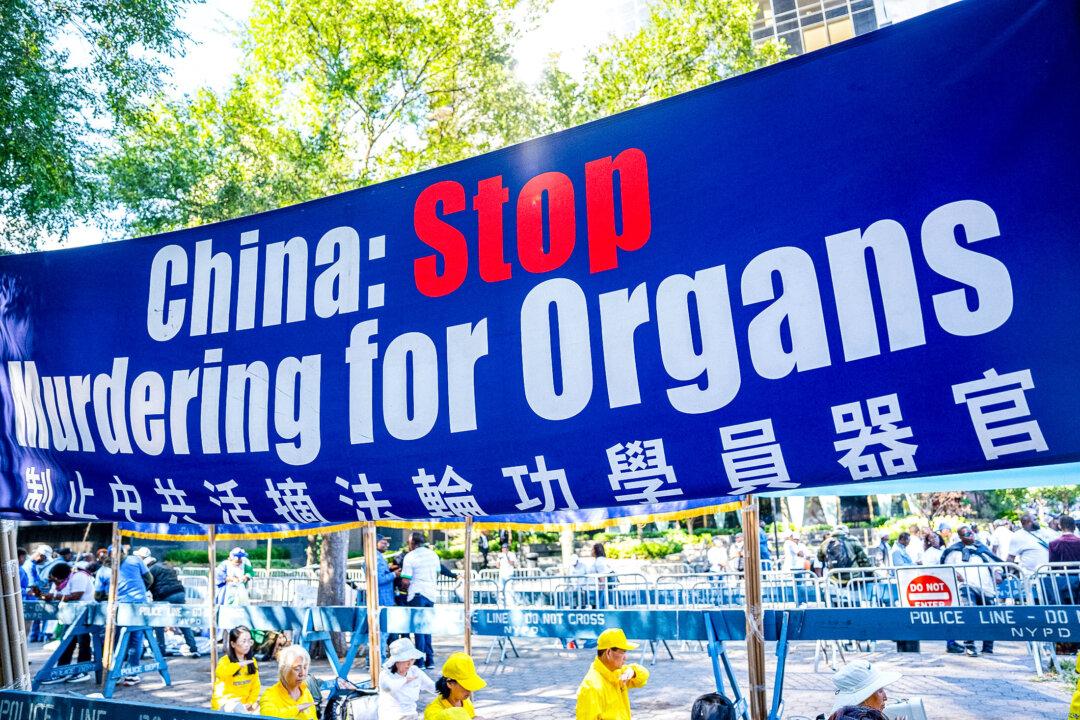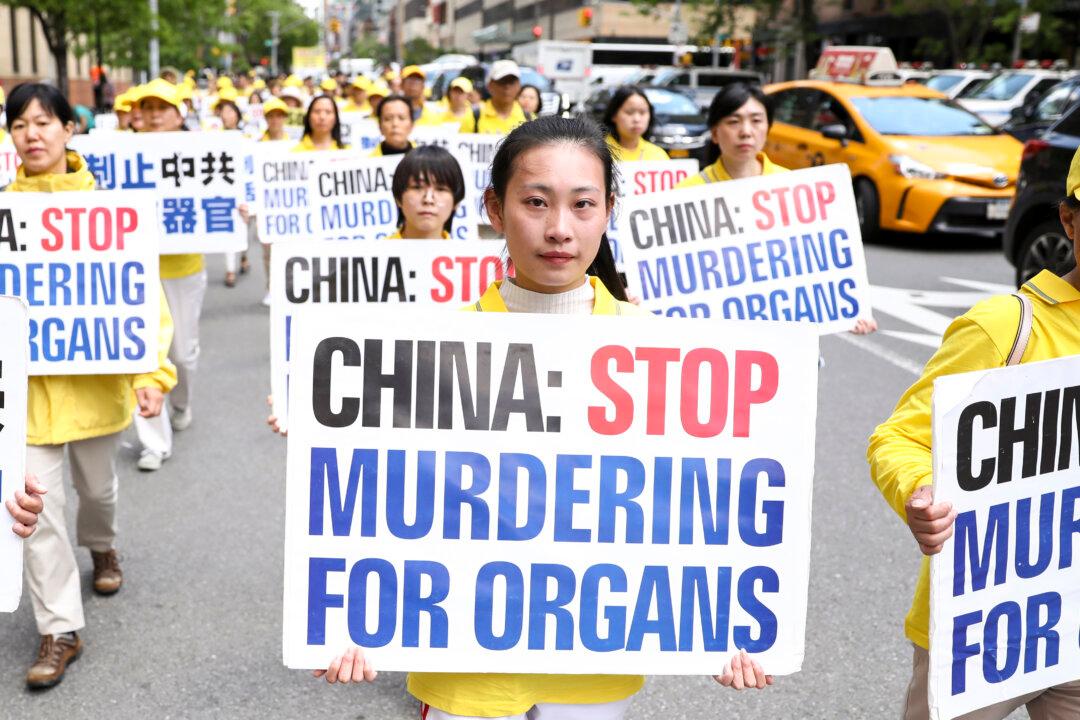All of us have pondered, in one way or another, the question of what life means. My simple response would be this: The purpose of life is to live and then go beyond, to search for what is beyond this world, to search for our core origin.
I think there is no one who hasn’t at least once in his or her lifetime asked, “Who am I, and where do I come from?” The meaning of life is also reflected in the pursuit of happiness—not the superficial happiness that fades as fast as it comes, but a deeper, soul-nourishing one.
At that time, Falun Gong was a flourishing qigong practice from the Buddha school loved by the Chinese people. About 100 million took up the practice in China in the 1990s, choosing to live by the principles of truthfulness, compassion, and tolerance, the tenets of the spiritual practice.
With its five slow-moving exercises, Falun Gong also contributes to health and well-being. This was even acknowledged by Chinese officials at the time; the practice’s founder, Mr. Li Hongzhi, received multiple awards from state-run groups recognizing his contribution to society. Falun Gong is a practice for mind and body; its principles are universal and have prevailed throughout history in all prosperous societies. If one is urged to capture in a word what the practice brings to the people, it would be goodness.
The positive echo that Falun Gong set off in the Chinese people triggered a negative reaction in the leadership of the CCP. It wasn’t because of anything practitioners did—they just wanted to practice meditation and follow the principles of truth, compassion, and tolerance—but rather the CCP’s internal characteristics that made it perceive Falun Gong as an enemy. What does that mean? The CCP doesn’t have a life-sustaining agenda that fosters the lives of human beings. It takes away the freedom of the individual, it takes away the free thinking of people, and it takes away the inherent desire of people to ask questions about the meaning of life. The CCP is atheistic as it fears the possibility that there’s a higher power above the Party.
To prevent people from searching for the meaning of life and possibly connecting with the divine, the CCP resorts to lies and deception, the opposite of truth. It resorts to hatred and struggle, the opposite of compassion. It only allows one opinion, and that’s the opinion that the Party puts in place. In a one-party state, the eradication of the alternate opinion is the maximum variant of intolerance, and that is the opposite of tolerance.
Let’s look at how this description of the CCP has played out in reality. The Party always needs to declare someone as an enemy to fill the void over the meaning of life with the communist “struggle.” In the 1950s, it started a campaign to “suppress counterrevolutionaries.” During the Cultural Revolution between 1966 and 1976, it declared academics and land-owners as enemies; then, in an internal power struggle, it declared even its fellow party members as enemies. In 1989, it declared the democracy movement as the enemy and established an example on June 4 of that year, when thousands of students were killed on Tiananmen Square. On July 20, 1999, Falun Gong became the next victim of the CCP’s agenda of hatred.
When the persecution was ordered, nobody had found any fault with Falun Gong, and not even all the members of the Politburo agreed to persecute practitioners. But then-CCP leader Jiang Zemin ordered the Party to “destroy them physically,” expecting to eliminate Falun Gong within three months. Although he initiated widespread repression of practitioners to destroy them physically—including forced organ harvesting of imprisoned practitioners—he failed in his agenda.
Falun Gong survived well beyond three months; at 25 years since the persecution began, Falun Gong is being practiced all over the world by people who want to better themselves physically and spiritually.
Although Jiang initiated the most sophisticated, elaborate, and brutal persecution against practitioners, they have endured and peacefully resisted. They have suffered brainwashing, arbitrary detention in labor camps, long prison terms, torture, death by torture, and last but far from least, death by the state-sanctioned practice of forced organ harvesting.
To profit from the bodies of the Falun Gong practitioners it is persecuting, the CCP uses them as a living organ bank. China’s transplant industry has become a lucrative market because of an endless supply of organs that guarantee 100 percent profit. Persecuted Falun Gong practitioners are blood-tested, medically examined, and categorized in detention centers and jails. Upon the arrival of a transplant recipient in a Chinese hospital, within days or weeks, a matching Falun Gong prisoner of conscience is identified and killed on demand to harvest the desired organs.
China doesn’t have an ethical organ donation program. Its booming transplant industry was built on the blood and bodies of Falun Gong practitioners. Transparency, traceability, or independent international scrutiny aren’t provided. Forced organ harvesting is a central part of the CCP’s strategy to eradicate Falun Gong in the form of a “cold genocide,” a slow-moving genocide by attrition.
July 20, 2024, is the 25th anniversary of the persecution of Falun Gong.
Despite this evil campaign that has persisted for 25 years, and possibly killed millions, Falun Gong practitioners have not surrendered and remain true to the nature of their practice, peacefully helping people understand the evil nature of the CCP through continuous efforts to raise awareness. Their actions stand in defiance of the evil and anti-human nature of the CCP.
In observance of 25 years of peaceful resistance, and in support of the victimized Falun Gong practitioners—but most importantly, in appreciation of the sanctity of human life—a petition is being circulated to invite people around the world to help end the forced harvesting of organs from living Falun Gong practitioners in China.
